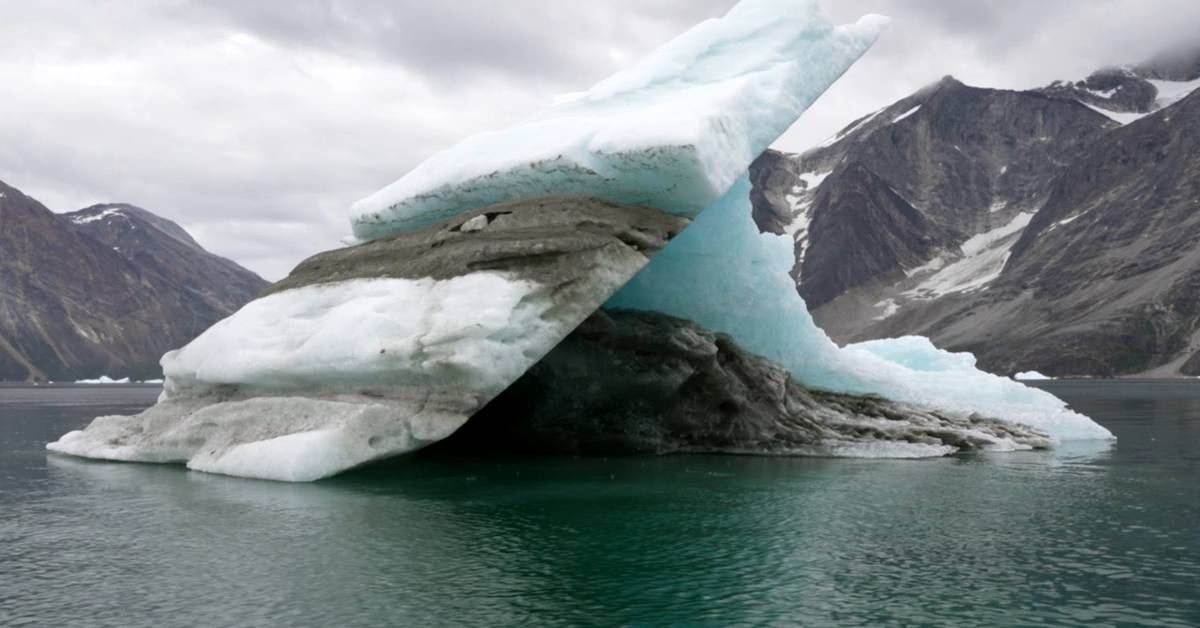Due to global warming, the permafrost in Siberia is melting and viruses that have lain frozen for over 40,000 years are released. Now French professor Jean-Michel Claverie has shown that viruses that have lain dormant in the peramfrost could become active again when it was introduced into the perambas.
"This shows that ancient viruses can be brought to life when they come into contact with, for example, water," says Birgitta Evengård, professor at the Department of Microbiology at Umeå University.
Risk of new pandemics
The oldest virus sample brought to life by the French research team was 48500 years or older. And according to Birgitta Evengård, who researches infectious diseases and climate change in the Arctic, there are obvious risks of new pandemics.
"It takes time for our immune systems to adapt to new viruses and if we don't have healthy ecosystems, we have no human health.
No data from Russia
After Russia entered Ukraine in March 2022, many collaborations with Russian researchers were interrupted and therefore important data on the situation in Siberia is currently missing. Birgitta Evengård wants to see more monitoring, increased preparedness and increased knowledge.
"Climate change in the Arctic is moving fast now, we must be proactive and stay one step ahead. We scientists know so much, but we have to work together," she says.

